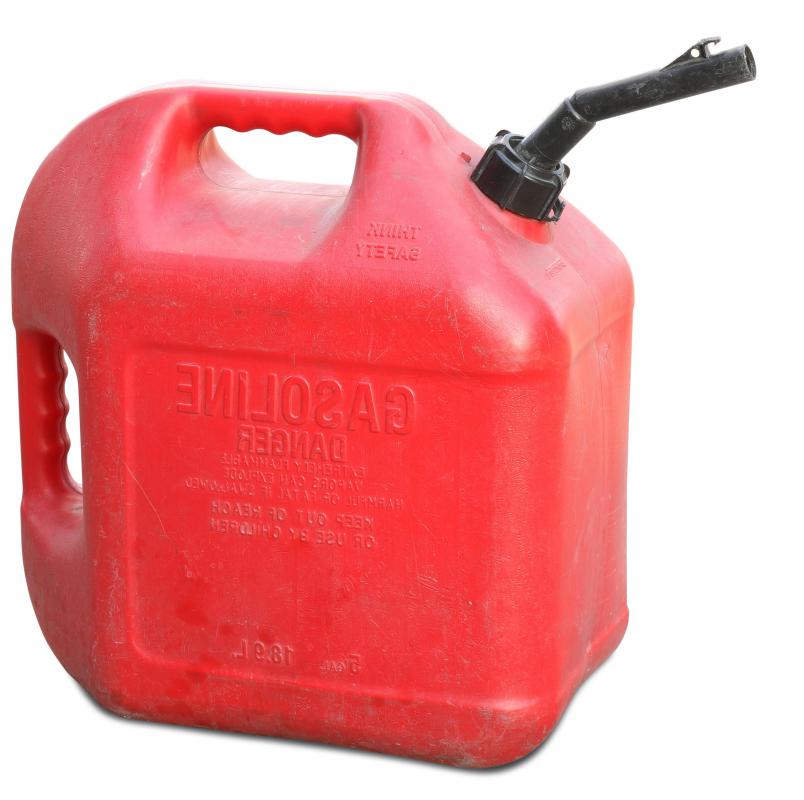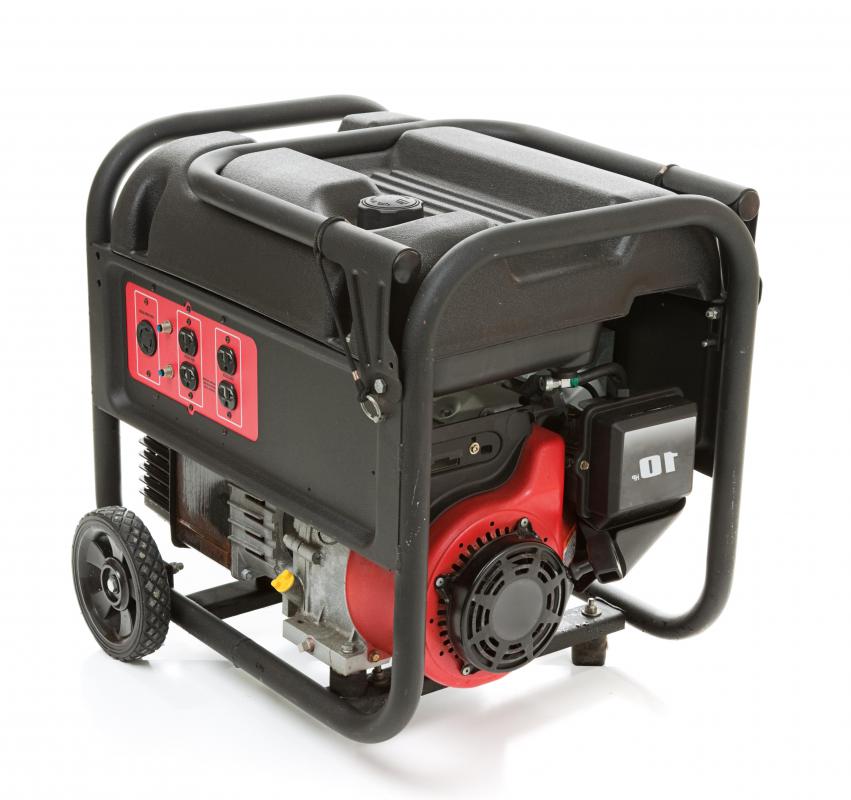At HomeQuestionsAnswered, we're committed to delivering accurate, trustworthy information. Our expert-authored content is rigorously fact-checked and sourced from credible authorities. Discover how we uphold the highest standards in providing you with reliable knowledge.
What is a Diesel Generator?
A diesel generator is a device used to convert the energy stored in diesel fuel into the electrical energy used by household and industrial devices. A diesel internal combustion engine, similar to those found in some cars and trucks, burns diesel fuel and uses the energy to turn a shaft. Unlike in vehicles, however, the shaft is connected to an attached electrical generator and converted to electrical rather than kinetic energy.
Internal combustion engines, whether diesel or conventional gasoline powered, ignite a mixture of fuel and air. The energy of that explosion moves a piston that is connected to a crankshaft. The linear movement of the piston is converted into rotational movement of the crankshaft. In a vehicle, this rotational movement is used to turn wheels. In a diesel generator, it’s used to move a shaft that is connected to the electrical generator portion of the system.

Electricity is generated when there is relative motion between a magnetic field and a conductor. By attaching magnets on a rotating shaft so that their magnetic fields pass through a fixed conductor, significant amounts of electrical energy can be produced. The electricity is fed to outlets on the diesel generator to power various electrical devices.

Unfortunately, not all of the energy generated by the fuel/air explosion in the diesel generator is converted into electricity. For example, a large portion of the energy is lost to heat generated by friction in the various moving parts of the engine or generator. Additionally, as electricity is generated in the conductors, a corresponding motor effect is created that acts in opposition to the movement of the shaft. Once electricity is flowing through the conductors in the diesel generator, those conductors essentially become electromagnets. The polarity of those magnets is such that their magnetic force tends to oppose the magnets on the rotating shaft, thereby resisting its movement.

Most diesel generators also include a feedback system from the generator to the diesel engine to control the amount of power produced. If there is an increased electrical load, for example, the feedback system can increase the rate at which diesel fuel is supplied to the engine. With more fuel available, the engine can spin the attached shaft faster, thereby increasing the rate of relative motion between the magnets and conductors in the generator, and producing more electrical power.
AS FEATURED ON:
AS FEATURED ON:













Discuss this Article
Post your comments